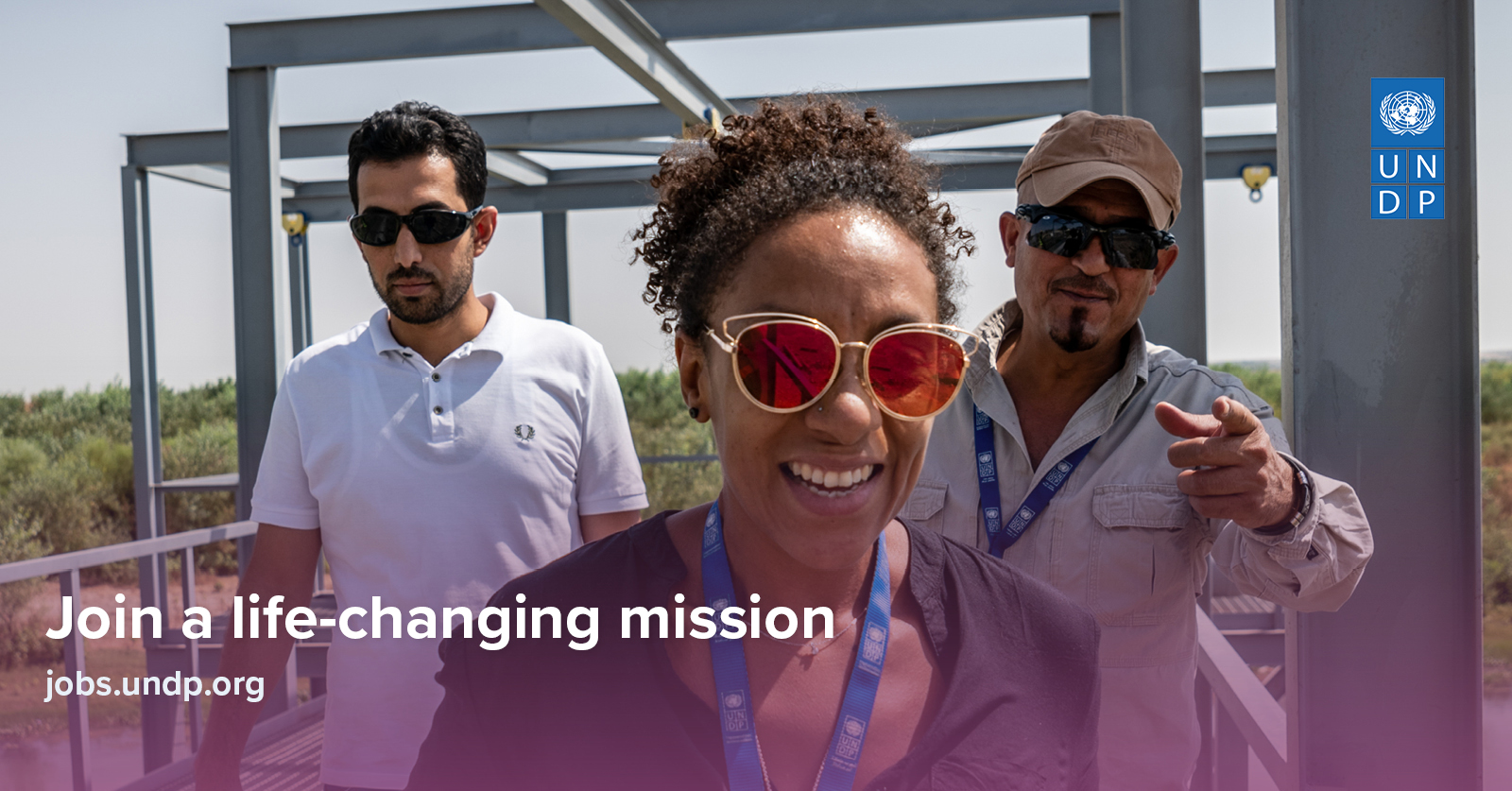
Lebanon faces several environmental threats, including air and water pollution, lack of wastewater treatment, deforestation, unsustainable agricultural practices, solid waste management and risks associated with climate change.
There is mounting scientific evidence of climate change impacts in Lebanon. Most notably, in Lebanon, sea levels are expected to rise by 30-50 cm within the next 20 years, and temperatures are expected to increase by 1.2–1.7°C. In combination with expected decreased total precipitation (by 4–11 percent by 2100), more frequent heat waves, extreme weather events and drought, this will have large and dire impacts on the lives of children. Loss of agricultural productivity, destruction of coastal urban areas that host critical infrastructure and industry and weakened tourism will have large impacts on the country’s economy, which will further affect sectors such as health and education. Additionally, water scarcity will further constrain economic growth and development, as well as agriculture and food production, health, survival, and social and economic development.
UNDP is collaborating with UNEP West Asia and UNICEF Lebanon to develop a concept note on “Building Resilience in the Water and WASH Sector in Lebanon” to be submitted to the Adaptation Fund. UNDP will be proposing and developing activities related to strengthening the sustainable operational capacity of water network in a coastal city (to be determined) through installing district water meters (WM) and intelligent metering systems (IMS) which will help inform water allocation and distribution.
The purpose of this consultancy is to draft a concept note for the Adaptation Fund, on behalf of UNDP Lebanon following the Adaptation Fund Concept Guidance





